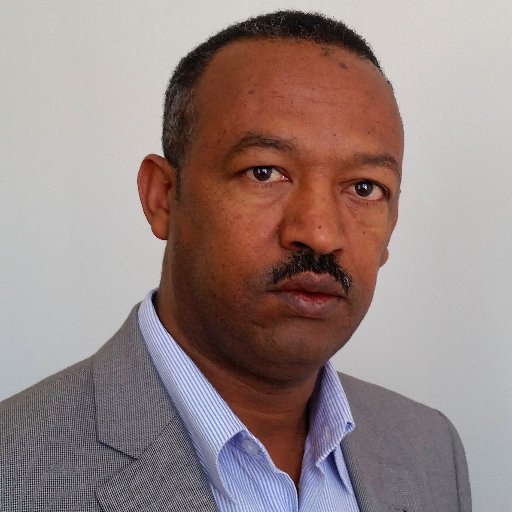Another round of the United Nations climate change negotiations commences on Monday, May 8, 2017 in Bonn, Germany. Observers have underlined the need for the 10-day international conference to advance substantive progress on the rules and processes that will fully operationalise the Paris Agreement. The session marks the half-way point to the finalisation of this process by 2018.

Chair of the Least Developed Countries (LDC) Group, Gebru Jember Endalew, in statement, said: “Climate change is costing lives and livelihoods, particularly in poor and vulnerable countries so there is a need for urgent action by all countries. The LDC Group will continue to push for fair and ambitious action by all.”
The LDC Group had convened in Bonn for preparatory meetings from May 1 to 2, to consolidate its positions and strategies ahead of the upcoming negotiations.
The group believes that significant pollution cuts and the transfer of finance and technology are needed in order to limit global warming to well below 1.5C, the limit identified by many scientists and social movements across the world.
Endalew added: “For many of our countries, keeping the global temperature rise below 1.5 degrees Celsius is a matter of survival. Therefore, we all have to work towards a cleaner, greener, low-carbon global society as soon as possible.
“Protecting people, livelihoods and economies also requires adapting to the impacts of climate change that are already devastating communities, erasing hard-won development gains and forcing mass migration. In this regard, I am deeply concerned about the lack of available support for adaptation, leaving the poorest and most vulnerable in society to weather the worst impacts of climate change with the least means to cope. Meanwhile the Least Developed Countries Fund, a key source of support for adaptation planning and implementation, sits empty.
“Many LDCs have made ambitious commitments under the Paris Agreement. However, these commitments cannot be implemented without substantial support, including technological and financial support. Many estimates suggest that more than $100 trillion is needed to transition to a global low-carbon society. The financial support committed by developing countries to date falls far short of this figure and is therefore woefully inadequate.
“The little that has nominally been made available through various funds and institutions continues to be inaccessible for our countries that the lack individual and institutional capacity to readily access those funds. In short, climate finance must begin to actually flow to the countries that need it and be scaled up drastically if we are to limit global warming to safe levels and avoid the most catastrophic impacts of climate change across the globe.
“Despite the challenges LDCs face, we are leading through action, for example by building on the successful launch of the LDC Renewable Energy and Energy Efficiency Initiative at COP22. Through this initiative, LDCs are taking charge of their energy future and security and empowering our poorest communities to pursue sustainable development through equitable access to clean, sustainable and low-carbon energy.”
